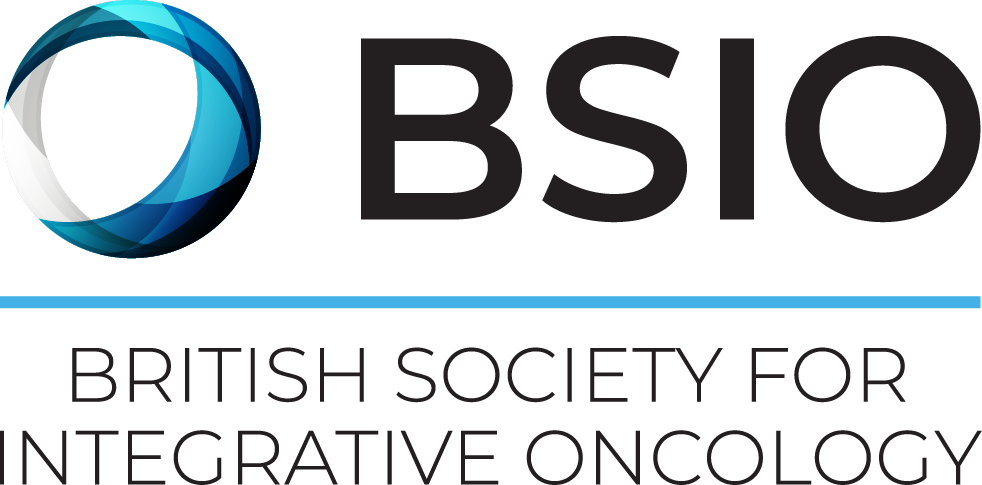Mushrooms and Cancer
Martin Powell is a practitioner of Traditional Chinese Medicine, a biochemist and an author.
Although in more mycophobic countries such as the UK using mushrooms for support in cases of cancer may seem strange, in the Far East they have a long history of use with a number of mushrooms extracts licensed in countries China and Japan for use alongside conventional treatment (1).
This draws on the traditional oriental medical approach of ‘supporting the upright’ (Fu Zheng), supporting the body’s innate vitality and natural ability to maintain health and counter disease in the face of both cancer itself and treatments for it such as chemo- and radiotherapy.
The ability of mushrooms to ‘support the upright’ derives both from their support for healthy immune function together with their prebiotic effect. Both these actions are due to the long chain polysaccharides formed of beta-linked sugar residues (sometimes called beta-glucans or proteoglycans) that are a major component of the mushroom cell wall. As such they are found in all mushrooms and all mushrooms have a degree of immunological and prebiotic activity.
In addition to polysaccharides, mushrooms produce a diverse array of smaller molecules, principally for their antimicrobial properties, many of which also contribute to their health benefits such as anti-inflammatory and in some cases anti-tumour. These include:
Statins - Lovastatin is found in a number of mushroom species
Sterols - Ergosterol (pro-vitamin D2) and other sterols are present to varying degrees in all mushrooms
Triterpenes - present in significant quantities in several mushrooms including Reishi, Meshima, Antrodia and Chaga
Nucleoside Derivatives – such as cordycepin found primarily in Cordyceps species (primarily Cordyceps militaris)
It is this combination of immune-modulating, prebiotic polysaccharides together with various categories of secondary metabolites that underpins the health benefits of many of the main medicinal mushrooms.
To date most clinical studies have focussed on polysaccharide-based extracts, typically at a dose of 3g/day although studies with a Reishi polysaccharide extract (Ganopoly™) used 5.4g/day and studies looking at Maitake used varying combinations of polysaccharide extract with whole fruiting body powder with a total daily dose of 4-6g/day.
It is worth remembering, however, that we do not always have to consume them as supplements to benefit from mushrooms, and that dietary consumption has also been shown to have significant health benefits with several epidemiological surveys have reported a correlation between increased dietary mushroom consumption and decreased risk of developing various types of cancer (2-6), as well as reductions in the incidence of other conditions such as gestational diabetes and non-alcoholic liver steatosis.
More reasons to make mushrooms a regular part of our diet!
Photo on previous page - Dried Turkey Tail (Trametes versicolor – source of PSK and PSP) ready for extraction.
References:
1. Joseph PJ, Chanda W, Padhar AA, Batool S, Qun SL, Zhong MT, Huang M. A Preclinical Evaluation of the Antitumor Activities of Edible and Medicinal Mushrooms: A Molecular Insight. Integr Cancer Ther. 2018 Jun;17(2):200-209.
2. Ba DM, Ssentongo P, Beelman RB, Muscat J, Gao X, Richie JP. Higher Mushroom Consumption Is Associated with Lower Risk of Cancer: A Systematic Review and Meta-Analysis of Observational Studies. Adv Nutr. 2021 Oct 1;12(5):1691-1704.
3. Zhang S. et al. Mushroom consumption and incident risk of prostate cancer in Japan: A pooled analysis of the Miyagi Cohort Study and the Ohsaki Cohort Study. Int J Cancer. 2020 May 15;146(10):2712-2720.
4. Li J, Zou L, Chen W, Zhu B, Shen N, Ke J, Lou J, Song R, Zhong R, Miao X. Dietary mushroom intake may reduce the risk of breast cancer: evidence from a meta-analysis of observational studies. PLoS One. 2014 Apr 1;9(4):e93437
5. Sun LL and Niu ZJ. A mushroom diet reduced the risk of pregnancy-induced hypertension and macrosomia: a randomized clinical trial. Food Nutr Res. 2020; 64.
6. Zhang S. et al. Association between edible mushroom intake and the prevalence of newly diagnosed non-alcoholic fatty liver disease: results from the TCLSIH Cohort Study in China. Br J Nutr. 2019 Oct 17;1-26.

